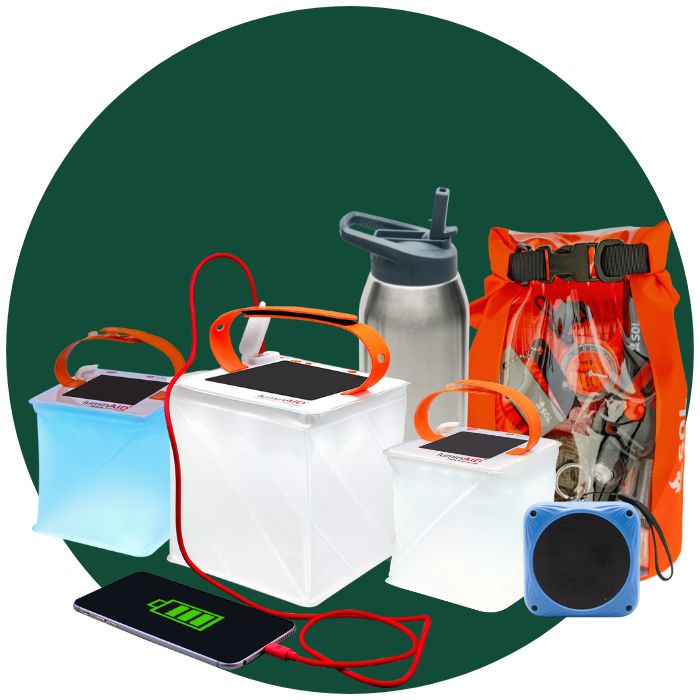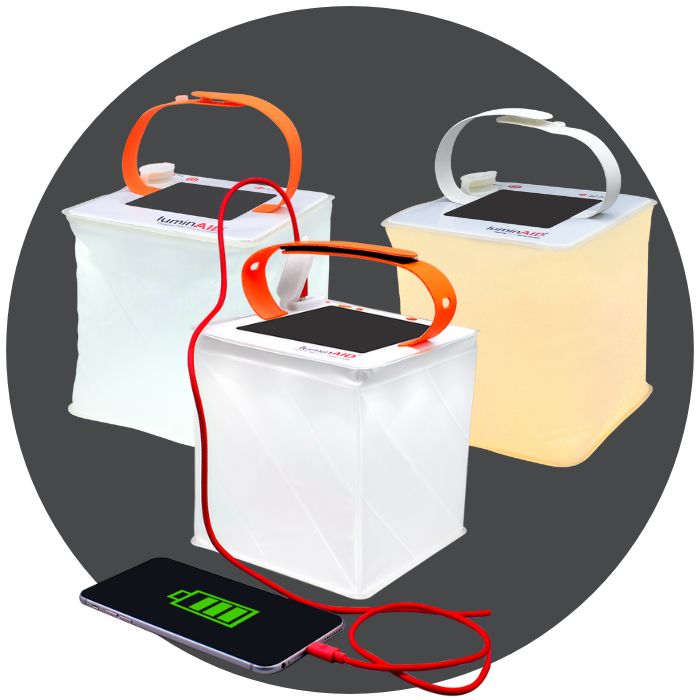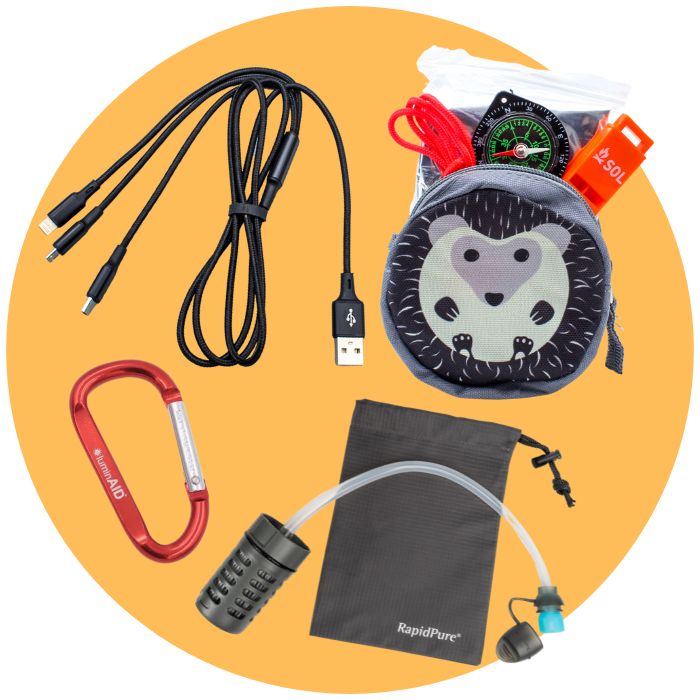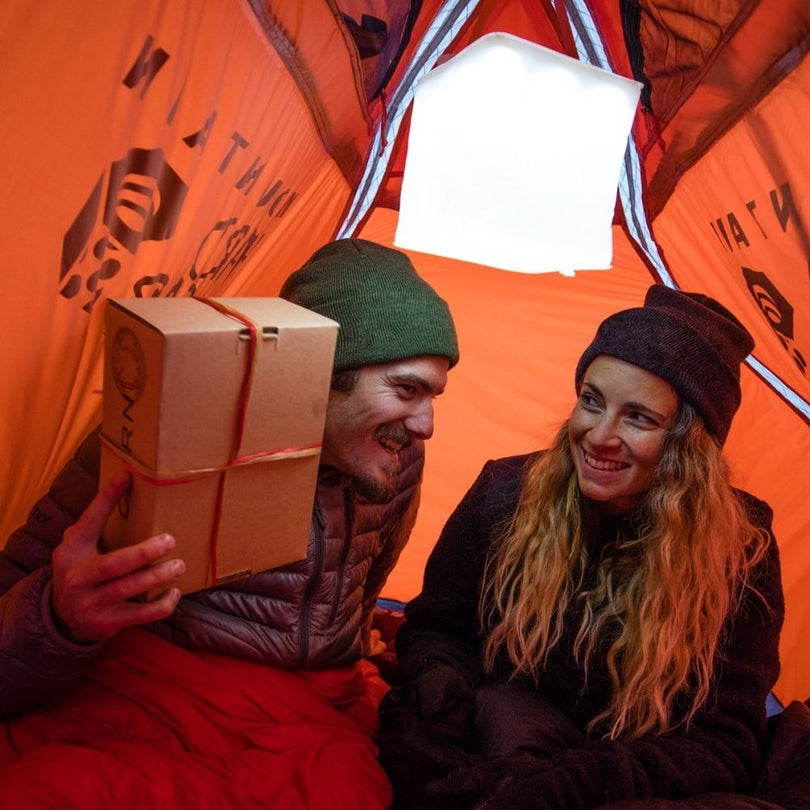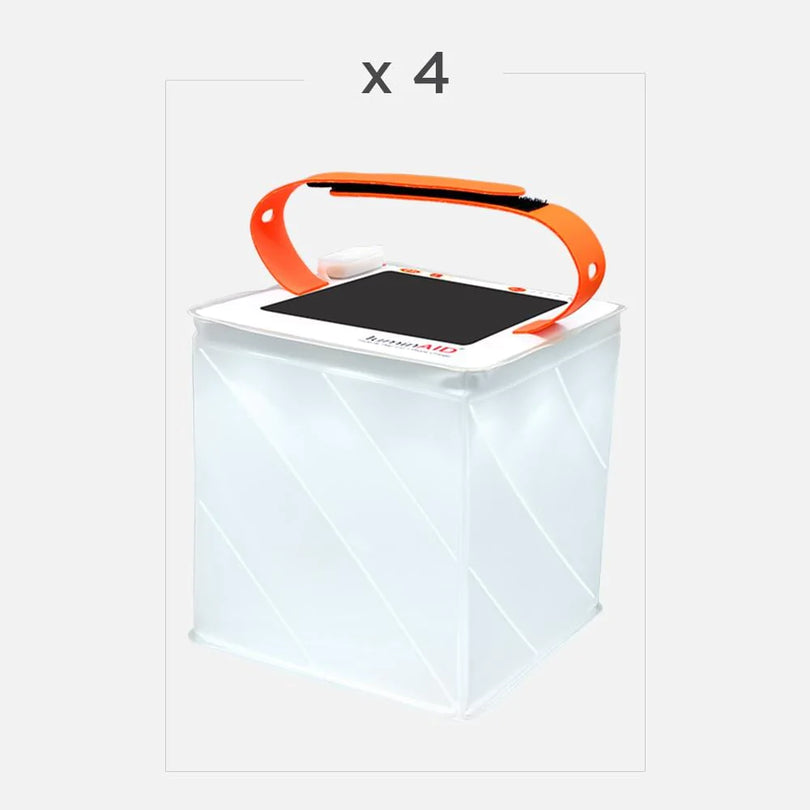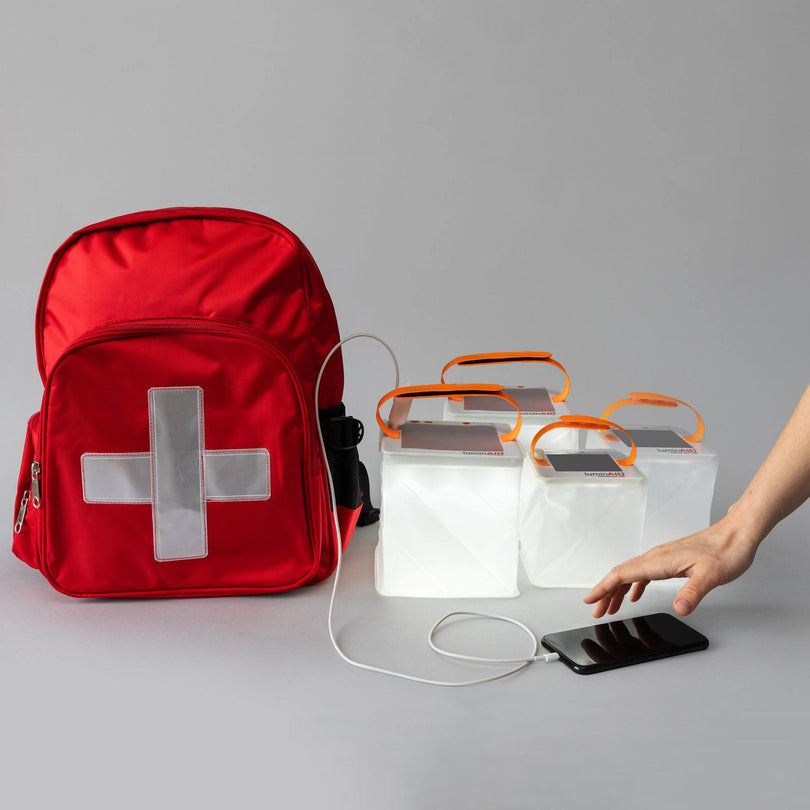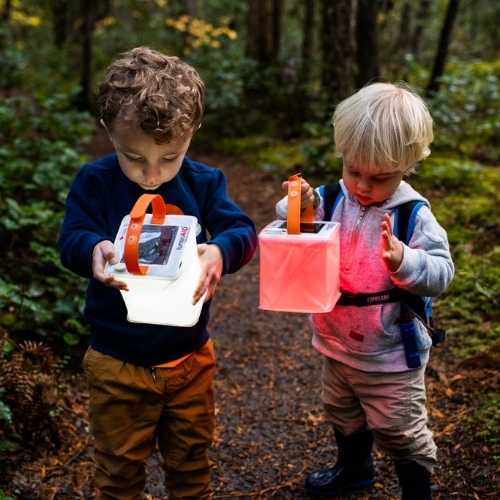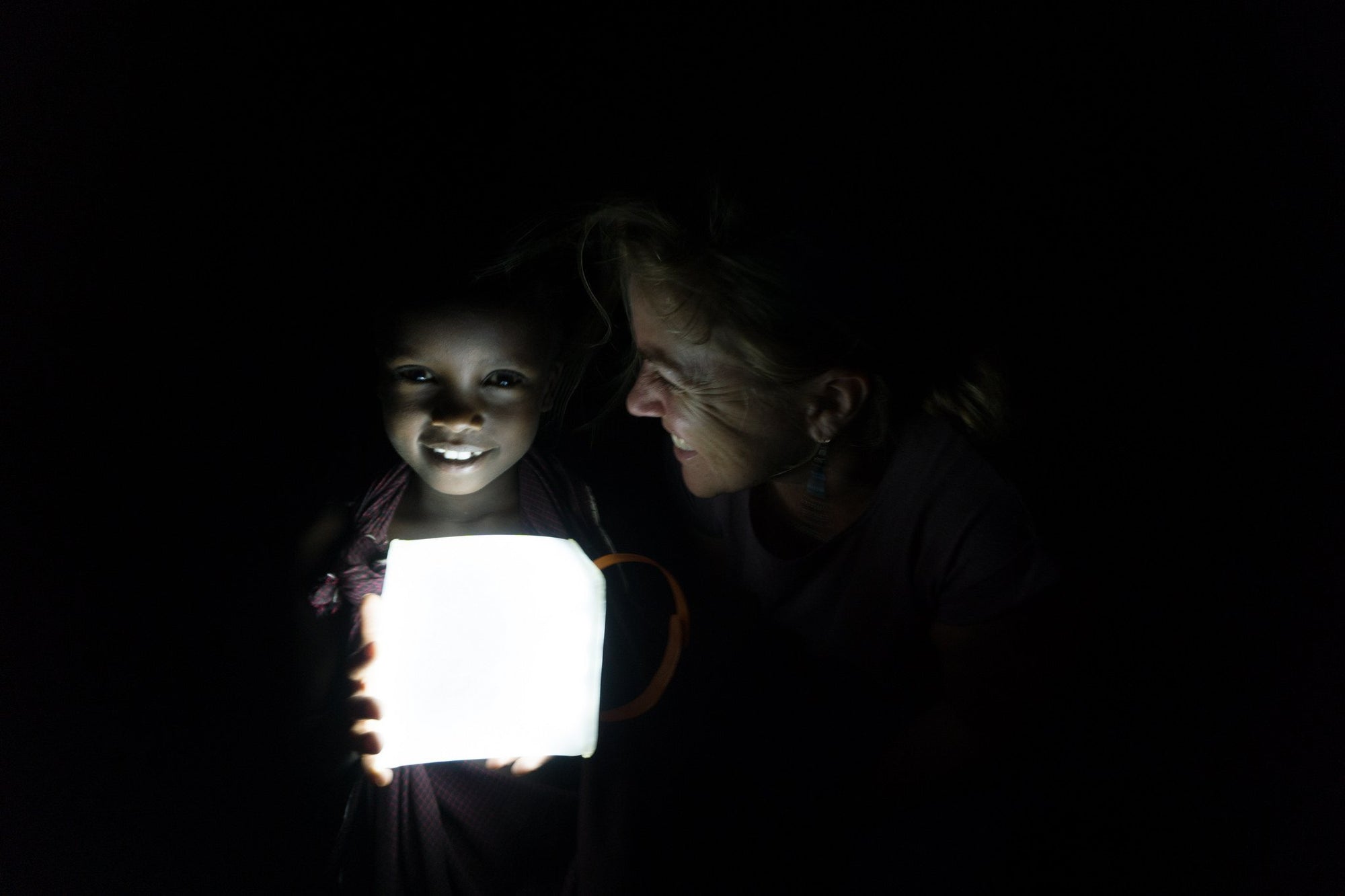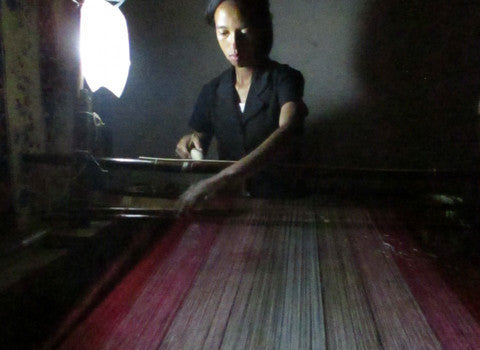Mirina is a single mother with two children, living in a village in Madagascar that previously had no access to artificial light. She lives with her two children, and previously had no light in her home at night. Now, with the help of Gosford North Rotary Club (GNRC) and Thrive Madagascar, Mirina can light her home with LuminAID light.

Mirina’s solar-recharging LuminAID lantern is more than a resource for her family; it’s a way to makes births safer in her village. She is part of the Thrive Madagascar community health worker training program, where among other health care skills she is learning to assist in at home deliveries. Upon completion of the training program she will be able to increase the health level of women and children in her village, safely and at any time of the day with the portable LuminAID solar lights.
Only 23 percent of Malagasy people in Madagascar have access to electricity, one of the lowest rates in the world. A partnership between the Gosford North Rotary Club (GNRC) and Thrive Madagascar brings safe, energy efficient light to the country’s under-electrified regions. The GNRC is an Australian chapter of Rotary International. Since their 1972 founding they have partnered with and provided support to a large number of international aid and development organizations, including Shelterbox, Thrive Madagascar, and others. Thrive Madagascar focuses on elevating the health and economic status of many underserved regions of Madagascar. They provide health care training to community leaders, food to undernourished children, and sponsor students in the poorest neighborhoods of Madagascar’s capital Antananarivo.

Through GNRC and Thrive Madagascar, 1,183 LuminAID solar lights were distributed to those without reliable light. Most families supported by this partnership previously had no access to safe light at night prior to receiving LuminAID solar lights. With this reliable light source in the home, families can now work, cook, and care for their children safely and more comfortably, with reduced fire risk and fuel costs.
Safe lighting sources are also vital to community health centers. An estimated 85,000 health clinics in developing countries lack dependable electricity. Without access to electricity or other clean lighting options, health providers in these areas struggle to provide life-saving care after dark. Particularly in rural areas, solar lighting can relieve the financial burden associated with fuel-based light sources, and allow these health clinics to focus precious funds on improving care. The GNRC and Thrive Madagascar partnership trains women to be health workers and birth attendants as a long term solution to healthcare access in their communities. The women are chosen by their communities and most already hold a high level of esteem, and are able to bring what they learn back to their neighborhoods. LuminAID lights are portable and long lasting, and allow community health workers to attend patients both in clinic and in homes.

These efforts have an especially profound impact on women an children. Rural women’s health care—and midwifery services in particular-—can benefit from portable solar lighting as a safe resource for health care in energy poor communities, without risk of fire or fumes endangering the health of the patients. Only half of women in Madagascar deliver children with the assistance of a trained health professional, and less than a third do so in a designated healthcare facility. Thrive Madagascar is making great strides in increasing access to maternal care in Madagascar’s least serviced communities, with generous GNRC support.
Learn how to get involved with the LuminAID Give Light program here.
Madagascar Demographic and Health Survey 2003-2004
World Bank
Thrive Madagascar

